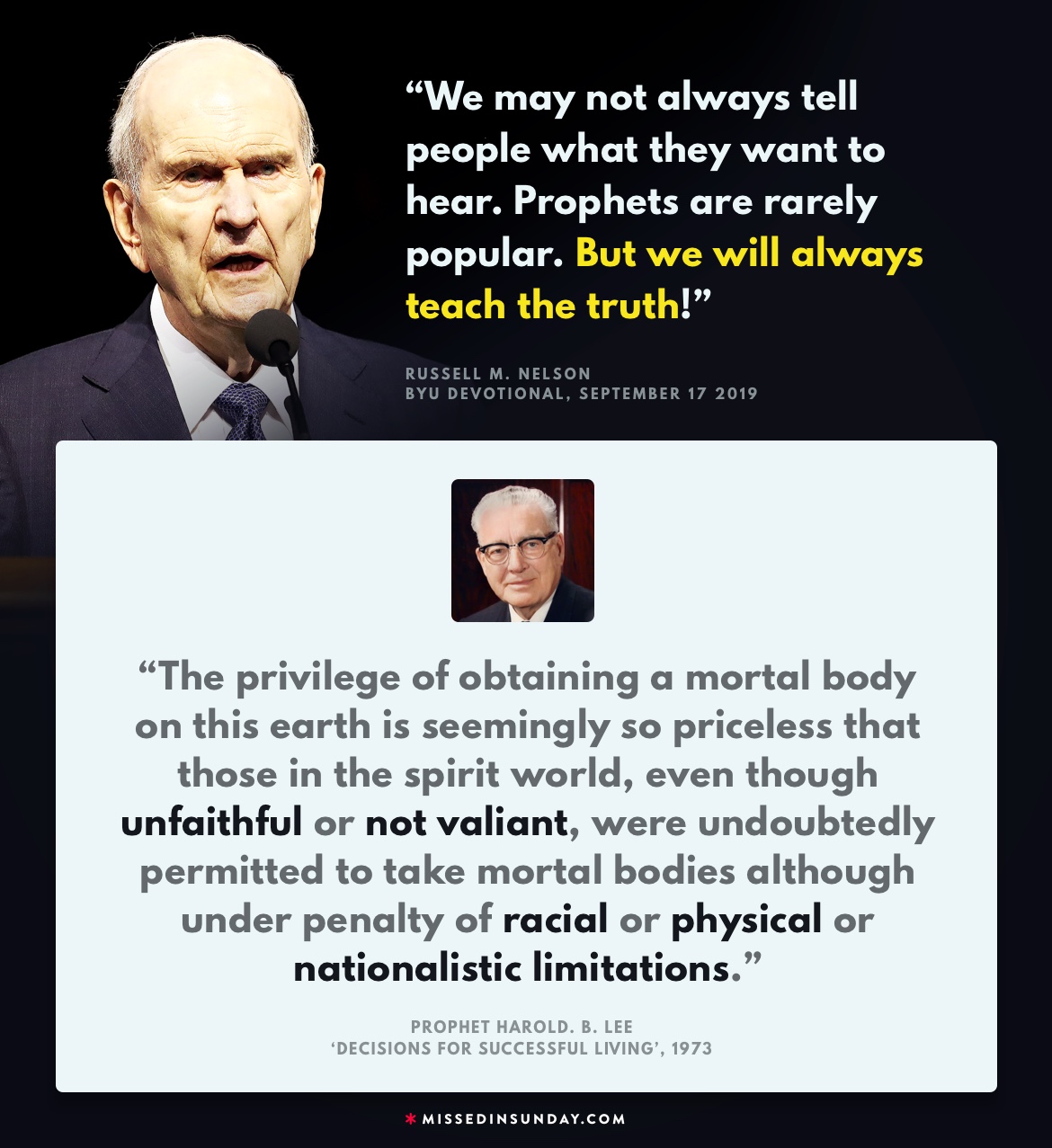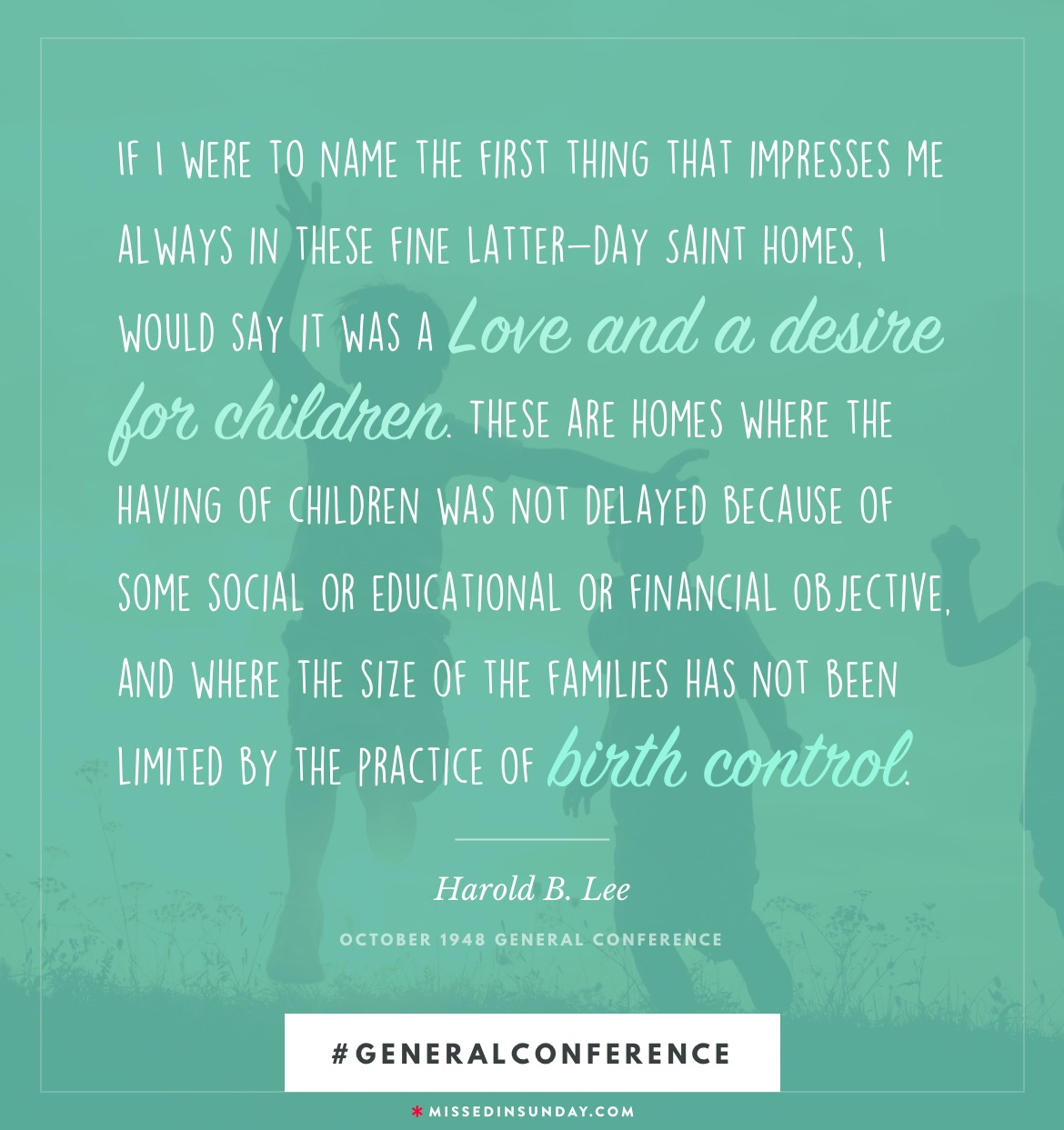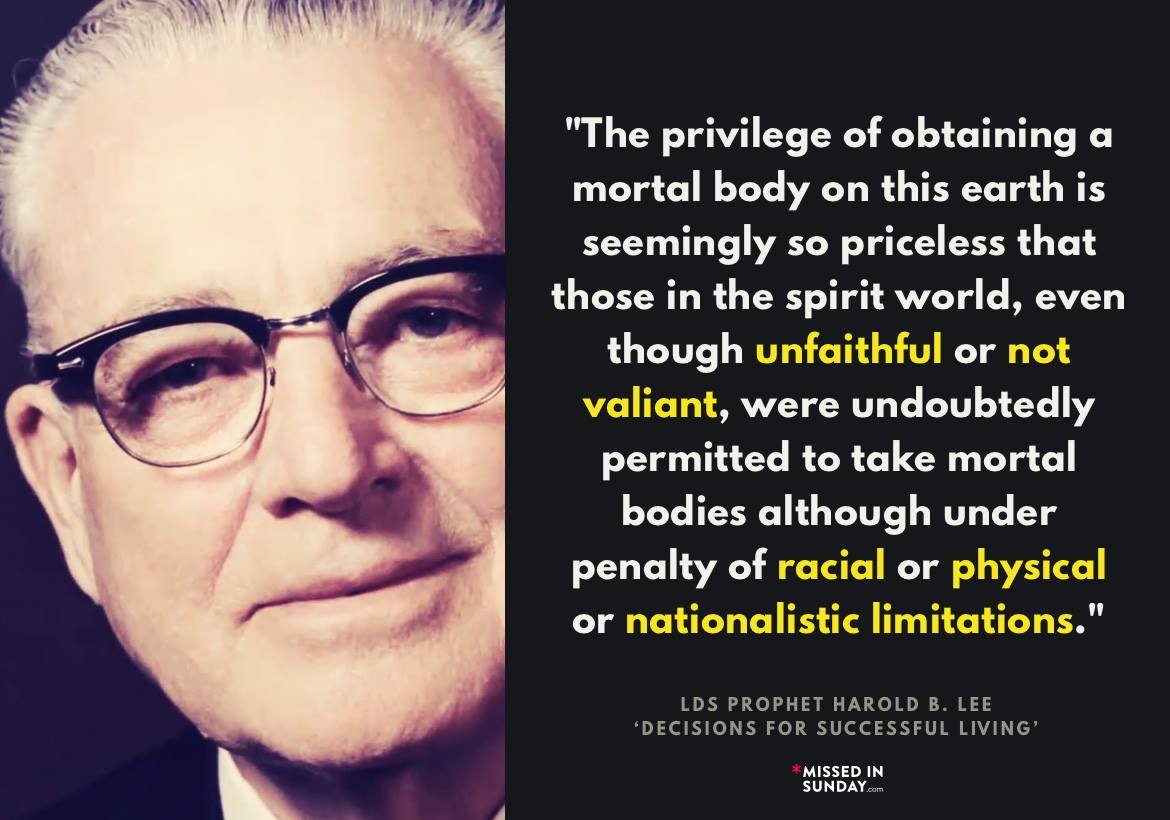Interview with Dallin H. Oaks and Neal A. Maxwell regarding the lifting of the race ban:
New Policy Occasions Church Comment
SALT LAKE CITY (AP) —Here is a partial transcript of an Associated Press interview with Elders Neal A. Maxwell and Dallin H. Oaks of the Mormon Church’s Council of the Twelve Apostles regarding the faith’s policy banning blacks from its priesthood and the reasons the ban was lifted 10 years ago:
AP: Was the ban on ordaining blacks to the priesthood a matter of policy or doctrine?
MAXWELL: Well, I don’t know. It certainly was church policy and, obviously, with some considerable commentary from early church leaders about it. It’s difficult commentary from early church leaders about it. It’s difficult for me to go beyond that.
OAKS: I don’t know that it’s possible to distinguish between policy and doctrine in a church that believes in continuing revelation and sustains its leader as a prophet… I’m not sure I could justify the difference in doctrine and policy in the fact that before 1978 a person could not hold the priesthood
and after 1978 they could hold the priesthood.
AP: Did you feel differently about the issue before the revelation was given?
OAKS: I decided a long time ago, 1961 or 2, that there’s no way to talk about it in terms of doctrine, or policy, practice, procedure. All of those words just fled you to reaffirm your prejudice, whichever it was. The only fair, just way to think about it is to reaffirm your faith in the prophet, and he says you don’t do it now, so you don’t do it now. And if he says tomorrow that you do do it, then you do it.
MAxWELL: Mine was similar, with the sense of expectation that the direction would come from heaven at some time… As we went to the upper room, we sang a song. I regard myself as a pretty good reader of what is going on (but) I had no inkling of what was going on. And as we knelt down
to pray, the spirit told me what it was going to be … and after that prayer, President Kimball began the description. I began to weep.
AP: It appears that prior to 1978, there was a lack of unanimity among the brethren regarding the origin and efficacy of the policy. We understand 10 of the Council of the Twelve voted in 1969 to lift the ban as an administrative procedure, but the plan was overturned by Harold B. Lee.
MAXWELL: These are things about which I wouldn’t have any knowledge.
OAKS: That’s a new one to me, too.
AP: To follow up, just for the sake of argument, in your deliberations on any issue, is unanimity required for a decision?
MAXWELL: The scripture does lay a requirement of unanimity upon us, and I think that is adhered to, not in a nitpicky way, but it is substantial.
AP: Does a policy such as this, the priesthood prohibition, require a revelation to change, or can it be done through discourse among the brethren?
MAXWELL: I think anything as major and significant as this would have required the spiritual endorsement and sanction that was obviously there.
AP: As much as any doctrine the church has espoused, or controversy the church has been embroiled in, this one seems to stand out. Church members seemed to have less to go on to get a grasp of the issue. Can you address why this was the case, and what can be learned from it?
OAKS: If you read the scriptures with this question in mind, ‘Why did the Lord command this or why did he command that’ you find that in less than one in a hundred commands was any reason given. It’s not the pattern of the Lord to give reasons. We can put reason to revelation. We can put reasons to commandments. When we do we’re on our own. Some people put reasons to the one we’re talking about here, and they turned out to be spectacularly wrong. There is a lesson in that. The lesson I’ve drawn from that, I decided a long time ago that I had faith in the command and I had no faith in the reasons that had been suggested for it. I decided that 25 years ago, so it was very easy for me when it was changed.
AP: Are you referring to reasons given even by general authorities?
OAKS: Sure.








